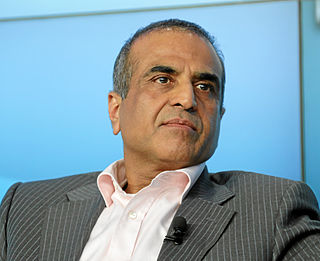Top 29 Quotes & Sayings by Sunil Mittal
Explore popular quotes and sayings by an Indian businessman Sunil Mittal.
Last updated on April 14, 2025.
In my wide travels across the world and my meetings with various heads of states, be that Africa or South Asia, Singapore or in high level meetings in the U.S., U.K. or Japan, one common mention is about Dr. Singh's extraordinary reputation as a Wise Man, an outstanding Economist and a fine Gentleman.



















